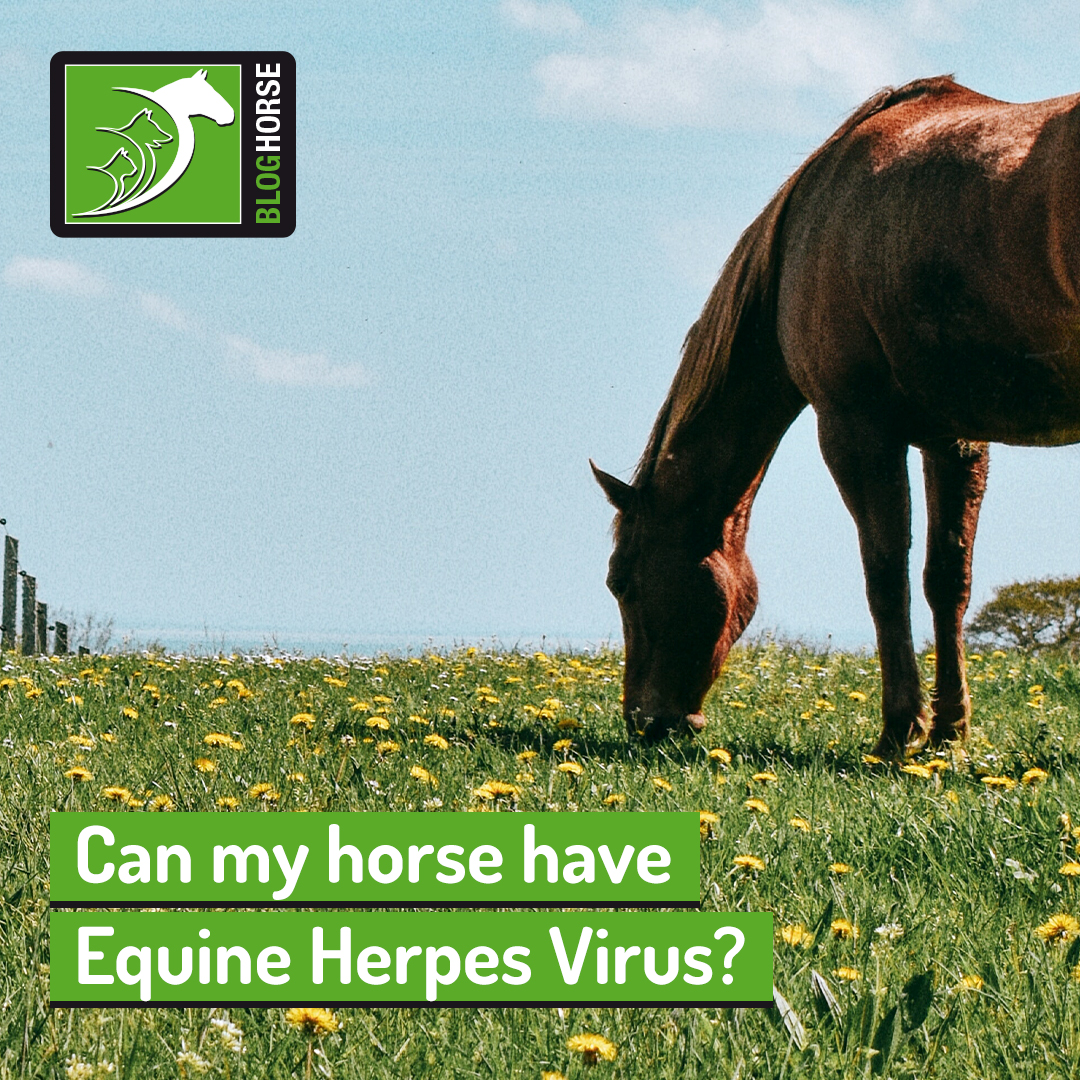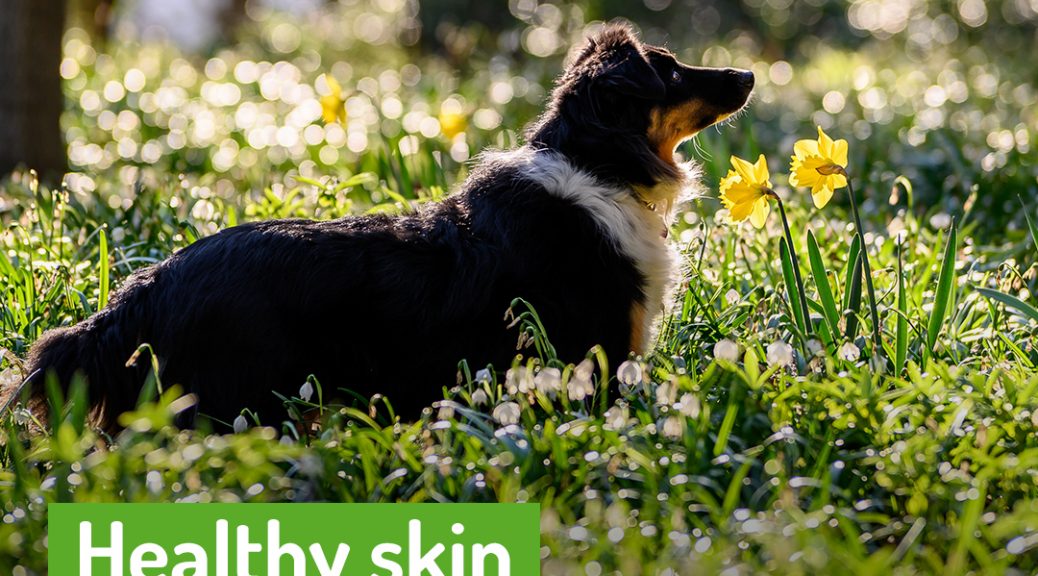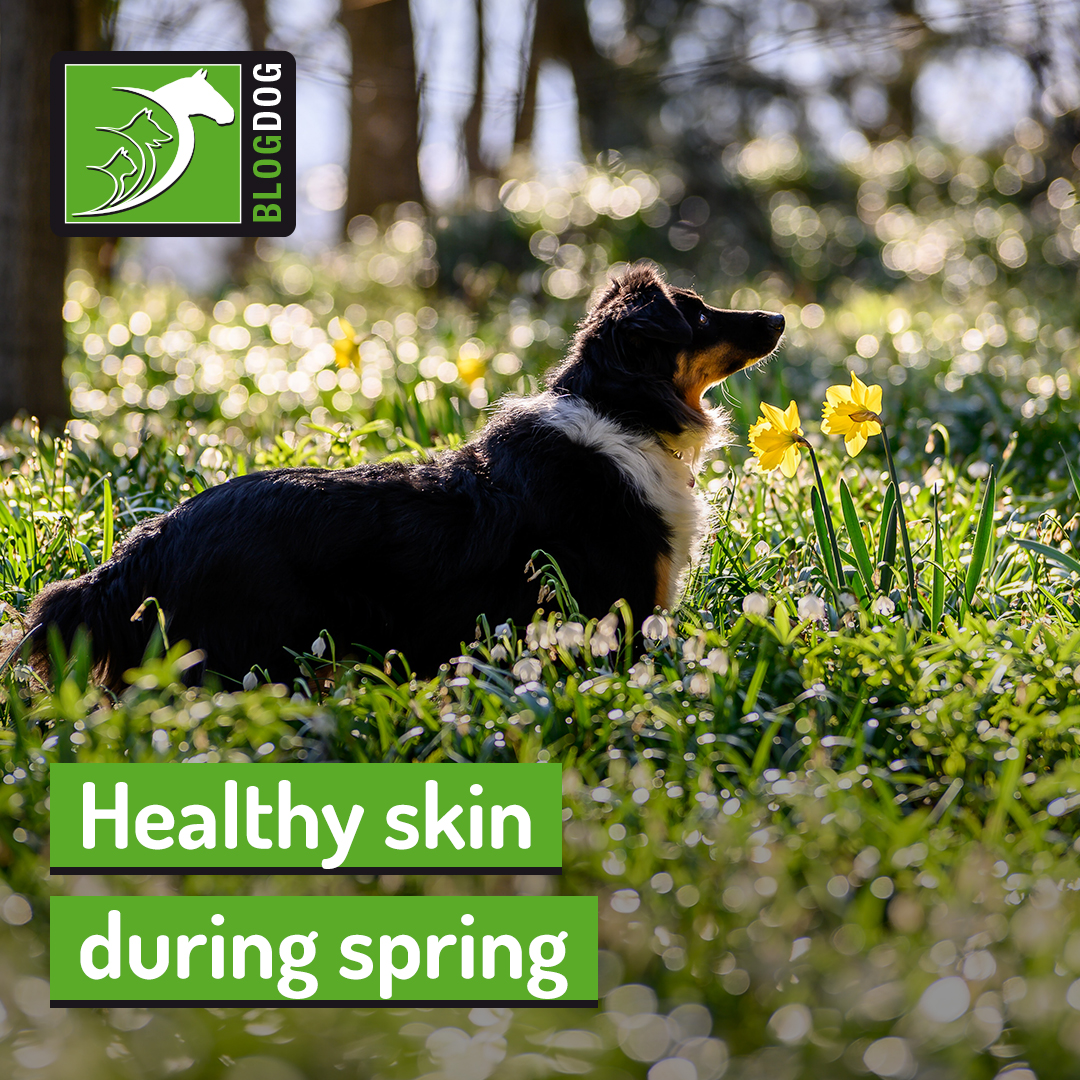The number of cats that are kept indoors permanently has boomed in recent years as more and more people live in apartments or because owners choose to keep them away from dangerous traffic and potential altercations with stray animals.
Fortunately, cats can be terrific indoor-only pets, and they take to their spaces very well. But there are specific needs that owners need to be aware of so that their cats can lead a fulfilled indoor life.
Read on for the best tips on keeping your indoor feline safe and happy!
Windows – the curious cat’s delight
It’s part of a cat’s nature to observe things from high places, and it’s normal for them to do this, but it puts them at significant risk of falling several stories if they live in an apartment and windows or balcony doors are kept open.
To avoid this, make sure you keep your windows and balcony doors closed if you are not around to supervise your pets. With a little more DIY work, you can install safety screens on windows and leave them open without risk of falls.
Keep vaccines and flea, tick and worm treatments up to date
It’s easy to think that indoor pets do not get diseases or parasites, but unfortunately, you can still find yourself facing a flea infestation or a cat with an infectious disease even though he or she never set a paw outside.
Fleas and ticks will easily jump on people or other pets that go for walks and return to the house. The same happens with infectious diseases, especially if you take your cat to the groomer or boarding kennels.
The best way to handle this is to prevent them! Ensure your cats have all the needed vaccines and boosters and regular parasite treatment to avoid nasty surprises.
Have good enrichment to stave off boredom or stress
Without the stimulation from roaming around (and getting into trouble!), your cat might experience boredom which can lead to stress and, eventually, lowered quality of life and even poor health.
Here are some ways to make your house into a cat-friendly home:
- Make sure you keep an adequate number of bowls and litterboxes for all of your cats;
- Have varied toys and playing locations, and make an effort to position them in high places that your cat can perch on;
- Provide them with vertical territory. If you’re unable to modify your house or apartment, there are plenty of rental friendly towers and toys that won’t require screws or nails;
- Take the time to play with your furry friend consistently and to interact with them.
Pets who are bored and stressed might be destructive or aggressive, and environmental enrichment goes a long way to prevent these problems.
If you’re not sure what to do to keep your home cat safe and happy, don’t hesitate to talk to your vet about your concerns!
Would you like to know more about cats? Check our Feline Courses:
Feline courses





